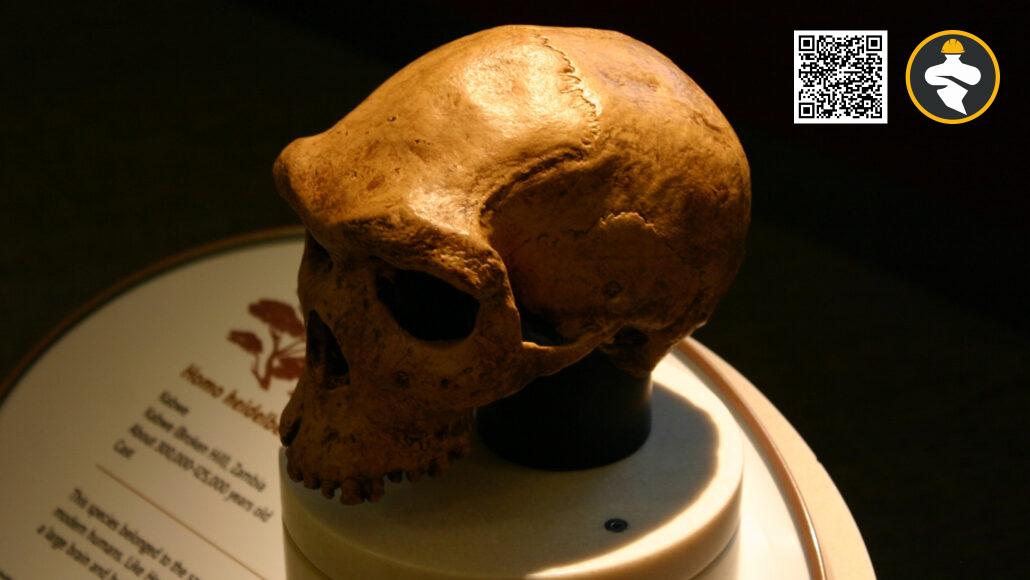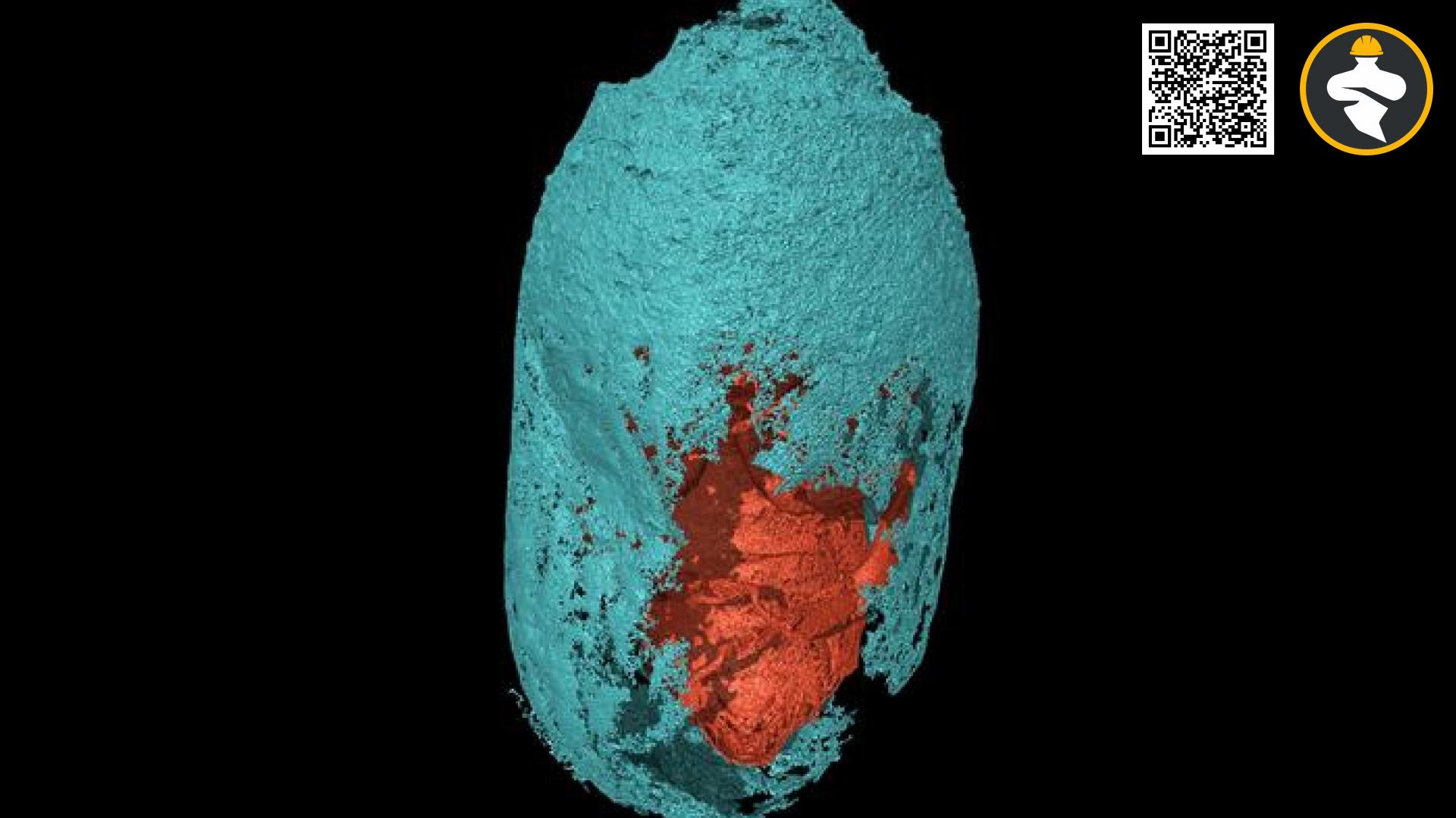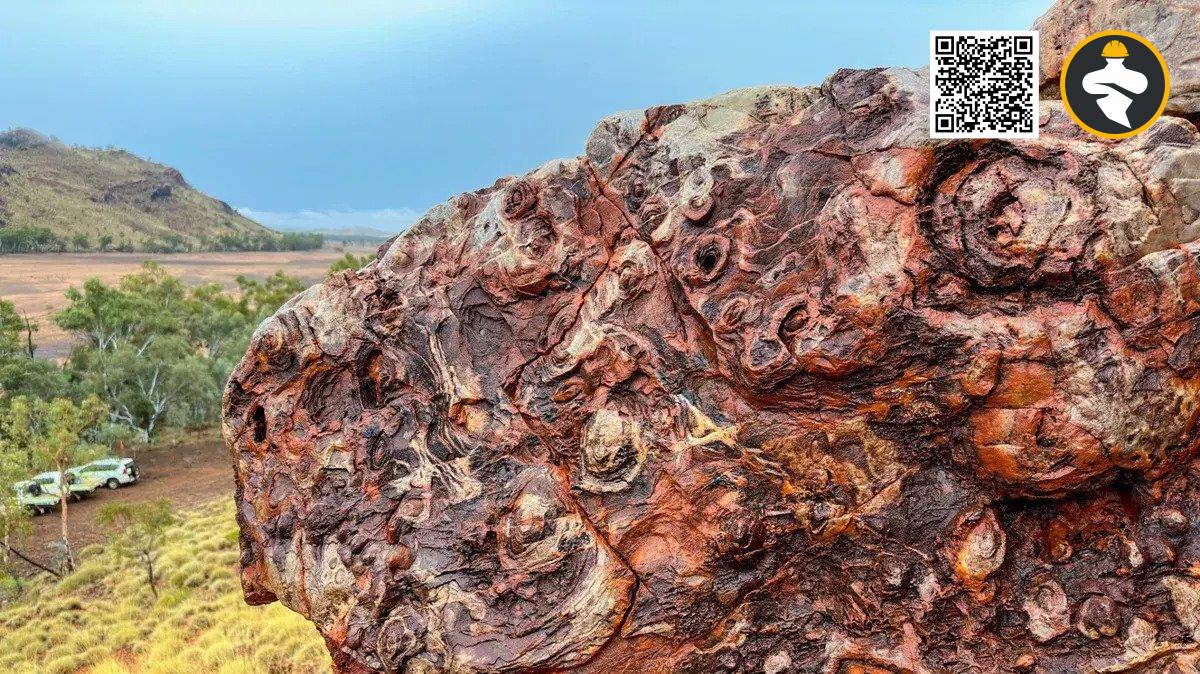In a captivating dive into the depths of ancient history, we explore the fascinating story of a diminutive whale species that once roamed the oceans during the reign of King Tutankhamun. This extraordinary discovery sheds light on the mysteries of our planet’s past and offers a glimpse into the diversity of life that existed millions of years ago.
Deep within the annals of time, scientists have unearthed the remains of an ancient whale species measuring just 3.5 meters long. This tiny cetacean, known as Aegicetus gehennae, holds the key to unravelling the secrets of an era long forgotten. Originating from a time when pharaohs ruled over the land of Egypt, this remarkable creature provides a unique window into the evolution of whales.
Through meticulous analysis of fossilized bones, researchers have pieced together the anatomical features of this enigmatic creature. Despite its relatively small size, Aegicetus gehennae possessed adaptations that allowed it to thrive in the ancient oceans. Its streamlined body, elongated limbs, and specialized teeth granted it the ability to navigate and capture prey efficiently.
The significance of this discovery extends beyond the realm of paleontology. Understanding the evolutionary history of whales not only deepens our knowledge of life on Earth but also highlights the interconnectedness of all living organisms. By exploring the past, we gain invaluable insights into the present and future of our planet’s delicate ecosystems.
Now, we invite you to embark on a captivating journey through time, where the oceans teemed with majestic creatures, and the mysteries of a bygone era await your discovery. Immerse yourself in the enchanting story of the tiny ancient whale that shared its existence with one of history’s most iconic figures.


Reference: https://www.sciencenews.org/











